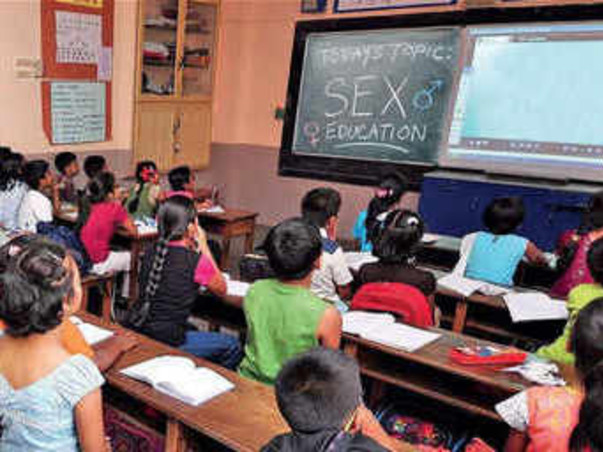According to the World Association of Sexual Health (WAS), sex education is a basic human right that fits under a person's "reproductive rights". Sex education is a comprehensive examination of a person's mental, emotional, physical, and social well-being.
Gathering information from empty conversions and unreliable sources about sexual health and awareness can lead to half knowledge that can be vicious. According to Adolescent Sex Education in India: Current Perspectives, 2015, in universities across Mumbai, 88% of male students and 58% of female students reported obtaining no sex education from their parents. Because of the ease of access in recent times, they had to rely on books, magazines, pornography, and other forms of social media and websites.
What do the statistics say?
It's been repeatedly proven and again that open communication helps prevent unwanted pregnancy, lowers the risk of STIs and STDs, and dispels some of the harmful myths surrounding these topics. More than one-third of new HIV/AIDS cases in India occur in people aged 15 to 24 due to lack of awareness.
For far too long, South Asian countries, including India, have ignored sexual and reproductive health and rights (SRHR). The discomfort associated with such conversations has harmed many people's health and exploited their rights, particularly those belonging to the more vulnerable genders. According to one study, 14% of all pregnancies under the age of 20 in India were unplanned.
So, what is the way to a better tomorrow?
The current issues can be resolved by improving academic curriculum. For the implementation of a sexuality education programme, the Indian education system must establish a thorough and sensitive plan of action that takes into account people's emotions. All educational institutions must be open-minded in order to facilitate policy decisions and dialogue about sex education. Awareness camps and workshops organised by NGOs and student clubs that invite professionals and experts should be promoted. Health practitioners should also educate people of various ages, genders, ethnic and socioeconomic backgrounds without upsetting or degrading them.
The government and policymakers should also take advantage of the rapid advancements in technology and digitalization. The new initiatives could make use of various social media/online platforms to reach out to every young adult in the country. This could be useful and more efficient due to its ease of use and lack of judgement.







